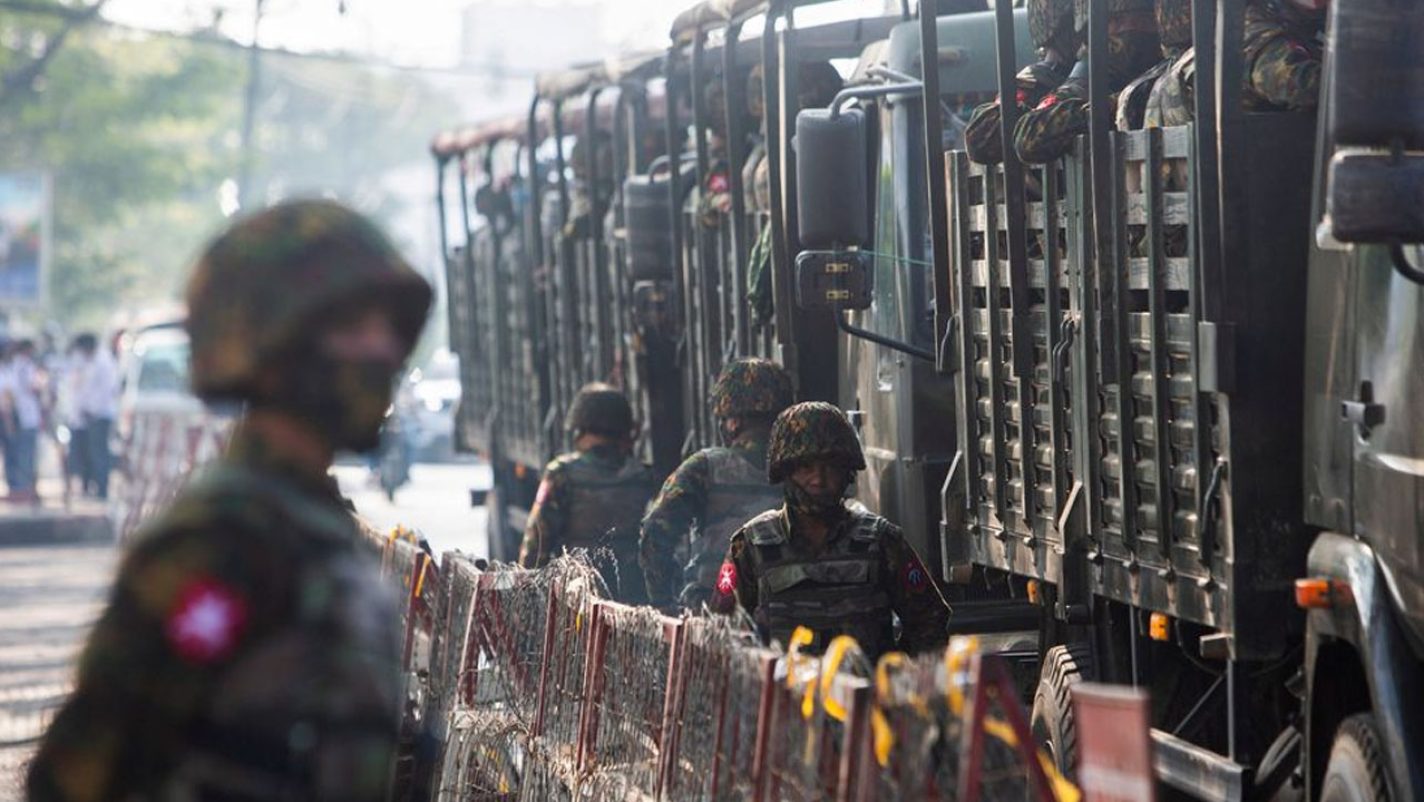By Tochukwu Ezukanma
The earliest vestiges of democracy can be traced to the Greek city states. After the Greek lost their independence to Macedonia, democracy disappeared. After more than 2,000 years, it reappeared,
about 250 years ago, at the cradle of modern democracy, the United States of America. In the more than 2,000 years that democracy was in comatose, Western countries evolved the economic, political, societal and attitudinal prerequisites for democracy; and democracy effortlessly sprouted in the West.
The post 2nd World War global geo-political dynamics rendered colonialism untenable. Inevitably, the colonised countries of the world had to become independent. The prescient American wartime president, Franklin Roosevelt, wanted Britain to immediately give independence to the more enlightened colonial entities, like India, and to start a gradual process of preparation for independence for the more primitive one, like Nigeria. He died shortly before the end of the 2nd World War, and his successor, Harry Truman, did not adhere to his proposed gradual process of decolonisation in countries, like Nigeria. In retrospect, a protracted period of preparing Nigerians for independence would have been better for us than the accelerated approach that made Nigeria independent on October 1, 1960.
Although we lacked the foundation, political skills and the mindset for democracy, the departing colonial masters bestowed a democratic constitution on us. Thus, like a foundationless edifice, Nigeria’s democracy perched precariously. Rocked by ethnic rivalry, corruption, and electoral fraud, it tottered and doddered, and, as the military struck, it collapsed. Military involvement in Nigerian politics was tragic because soldiers, by training and orientation, are ill-equipped for political leadership. Summing up the soldiers’ lack of aptitude for political leadership, the 18th Century historian, Edward Gibbon, wrote, “…the temper of soldiers, habituated at once to violence and (servitude), renders them very unfit guardians of a legal or even a civil constitution. Justice, humanity, or political wisdom, are qualities they are too little acquainted with in themselves to appreciate them in others.”
In the first place, the soldiers had no business intervening in Nigerian politics. They should have allowed the nascent country and her political leaders to sort out our political problems, over time. Even, as President Bola Tinubu, with his unconscionable economic policies and contemptuous indifference to the mounting economic plights of Nigerians, is creating a favourable milieu for mass discontent, the soldiers must still stay out of Nigerian politics; and remain confined to barracks.
The brutality and bloodletting that attended military intervention in Nigerian politics brutalised the national psyche and engendered a culture of violence: Nigeria lost her innocence. For the first time, coarse, unseasoned and unprincipled hands dabbled into Nigerian politics and governance. Soldiers are trained to kill or be killed. So, subliminally, they live today as though they are dying tomorrow, that is, they have very little regard for the future. Those, with little regards for the future, are hedonistic and financially reckless. And there was the oil boom to finance their hedonism, profligacy and financial irresponsibility.
The woeful mix of oil wealth, and pleasure-obsessed, self-indulgence, extravagant and, invariably, corrupt dictators engendered a moral and ethical collapse of society. It warped our value system and jettisoned merit from our lexicon. It taught us that hard work, honesty and commitment to duty do not pay; that only the weak and stupid labour for their money. The elite and influential make their money from corruption, fraud and outright stealing of public funds; and that criminality is not punished, but rewarded, especially in the powerful and prominent circles.
Thus, we became irredeemably selfish, insatiably greedy and incurably dishonest. Our expectations changed: they became unrealistic and depraved, because it was no longer work and resourcefulness that determined income but connections; falsehood; corruption; disregard for norms, traditions and the law; and even, dalliance with satanic forces. Our distorted value system and its doppelganger, reaping where you have not sown, pervaded and ruined every facet of the Nigerian society. It reduced the country to a degenerate system teeming with crooks, lairs, drug peddlers, smugglers, ritual killers, etc., where anarchy reigns supreme and every institution malfunctions.
Potentially, democracy should offer Nigeria so much: political stability, social justice, improved standards of public morality, elevated national ethics and values, and overall societal progress. It can also winnow and sift out freeloaders, fraudsters and freebooters that can only muscle their way into power through electoral fraud. Lamentably, the Nigerian democracy has failed to offer us any of these; it has even degenerated into a tyranny cloaked in democracy. This is because it is devoid of the most fundamental ingredient of democracy: credible elections. Secondly, it has not been leavened by capable, responsible and purposeful leadership. It is studded with questionable characters, crooks, impostors, electoral fraudsters and thieves of public funds – dangerous leaders – out to feather their own nests at the detriment of the people.
President Tinubu is a questionable character, with a tarnished past. Many Nigerians are totally disillusioned with his presidency:
We are currently lamenting President Bola Tinubu’s economic policies; the extravagance, flamboyance and arrogance of power of the executive and legislature; and the hunger and primitive, desperate, raw-dirt poverty that define the lives of an alarming proportion of Nigerians.
However, Nigerians must be, unequivocally and unwaveringly, opposed to a military coup in Nigerian politics. The soldiers must stay out of politics and remain in their barracks. A toddler can only learn to walk by walking, and staggering and stumbling in the process. It is only by practising democracy, and wobbling and stumbling in the process, that democracy will ultimately flower and flourish in Nigeria. Since 1999, we have made modest, but obvious,
democratic progress. Slowly, but assuredly, we will get our politics right. That is, as long, as the soldiers, in their misguided sense of Messianism, completely stay out of politics.
Ezukanma writes via maciln18@yahoo.com
In this article

